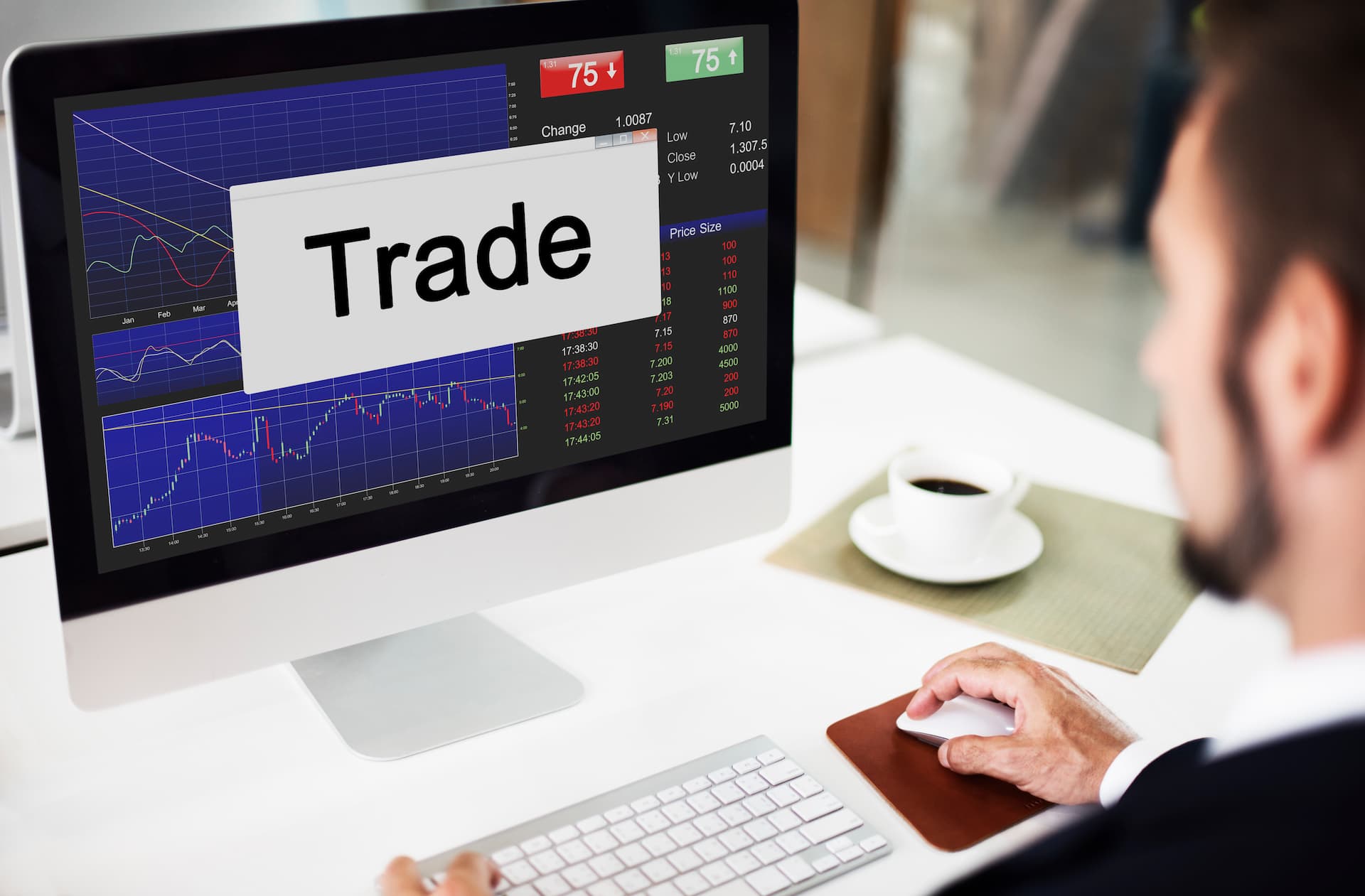How Bid-Ask Spread Affects Trading
Learn how the bid-ask spread influences your trading costs and strategies to minimize its impact on profitability.

The bid-ask spread is a fundamental aspect of financial markets that can significantly impact trading costs and profitability. This spread is a critical factor for traders to consider, as it directly influences the price at which an asset can be bought or sold. Understanding the bid-ask spread's mechanics and implications is essential for traders across various markets, including stocks, forex, commodities, and crypto.
What is the Bid-Ask Spread?
At its core, the bid-ask spread is the difference between the highest price a buyer is willing to pay for an asset (bid price) and the lowest price a seller is willing to accept (ask price). This spread serves as a transaction cost for traders and reflects the liquidity and supply-demand dynamics of the asset in question. For example, in highly liquid markets like the major currency pairs in the forex market, the spread is usually minimal. Conversely, in markets with less liquidity, such as certain crypto currencies or niche stocks, the spread can be more substantial.
Factors Influencing the Spread
Several factors contribute to the size of the bid-ask spread, each affecting trading strategies and costs:
-
Liquidity: Liquidity is a primary determinant of the spread. Assets with high trading volumes and active markets tend to have tighter spreads, indicating that buyers and sellers can execute trades with minimal price impact. For instance, blue-chip stocks and major forex pairs like EUR/USD typically feature narrower spreads due to their high liquidity.
-
Market Volatility: During periods of increased market volatility, spreads can widen as market participants factor in the higher risk of price fluctuations. This behavior is common in the commodities market during significant geopolitical events or economic data releases.
-
Trading Volume: Assets with higher trading volumes generally have tighter spreads, as frequent transactions facilitate quick price adjustments. In contrast, assets with low trading volumes might experience wider spreads, reflecting the reduced liquidity and higher risk for market makers.
-
Time of Day: The time of day also affects the spread, especially in markets like forex. Spreads are typically narrower during peak trading hours, such as when the London and New York sessions overlap. Conversely, spreads may widen during off-peak hours when market activity is lower.
-
Market Maker Competition: In markets where multiple market makers compete, the spread is likely to be narrower due to the competitive pressure to offer better prices to attract traders.
Impact of the Spread on Trading
The bid-ask spread has several implications for traders, influencing both the cost and potential profitability of trades:
-
Cost of Entry and Exit: The spread represents a direct cost to traders. When buying an asset, traders pay the ask price, which is higher than the bid price at which they can sell. This difference must be overcome for the trade to become profitable. For active traders, these costs can accumulate, underscoring the importance of trading in markets with competitive spreads.
-
Slippage: In fast-moving markets, traders may experience slippage, where their orders are executed at a price different from the expected price. Slippage can occur during high volatility or low liquidity periods, impacting trading outcomes. Utilizing trading tools and platforms like Metatrader 5 can help mitigate slippage by offering real-time price data and order execution capabilities.
-
Margin Requirements: For traders using leverage, such as in CFD trading, the spread can affect margin requirements. Wider spreads mean that a trader needs a more significant price movement to achieve profitability, impacting their risk management strategies and overall trading performance.
-
Impact on Short-Term Traders: Short-term traders, including scalpers and day traders, are particularly sensitive to the spread. Even small variations in the spread can significantly impact their profitability, as they execute a high volume of trades within short time frames.
Strategies to Minimize the Impact of Spreads
Traders can employ various strategies to minimize the impact of the bid-ask spread on their trading activities:
-
Trade During High-Liquidity Periods: By trading during periods of high market activity, such as the opening hours of major stock exchanges or overlapping forex trading sessions, traders can benefit from tighter spreads and reduced transaction costs.
-
Use Limit Orders: Placing limit orders instead of market orders allows traders to specify the price at which they are willing to buy or sell an asset. This approach helps control entry and exit points, reducing exposure to wide spreads and potential slippage.
-
Monitor Spread Changes: Keeping an eye on spread changes using advanced trading tools can help traders identify optimal trading times and avoid periods of widened spreads.
-
Choose a Broker with Competitive Spreads: Selecting a broker with a reputation for offering tight spreads and efficient trade execution, such as those providing CFD trading options, is crucial for cost-effective trading.
-
Focus on Highly Liquid Assets: Prioritizing trades in highly liquid assets, such as major currency pairs, large-cap stocks, and popular commodities, can help minimize the impact of spreads on trading costs.
Conclusion
The bid-ask spread is an integral component of trading costs that can significantly influence profitability. By understanding the factors that affect the spread and employing effective strategies to minimize its impact, traders can enhance their trading performance and manage their transaction costs more effectively.
TAGS
Latest Education Articles
Show more
Earnings Reports and Equity CFDs

Trend vs. Range Strategies

Trading Breakouts vs. Pullbacks

Hedging Basics for Intermediate Traders
Take your trading to the next level.
Join the broker built for global success in just 3 easy steps. A seamless experience built for traders who value speed and simplicity.

Create Your Account

Make Your First deposit
